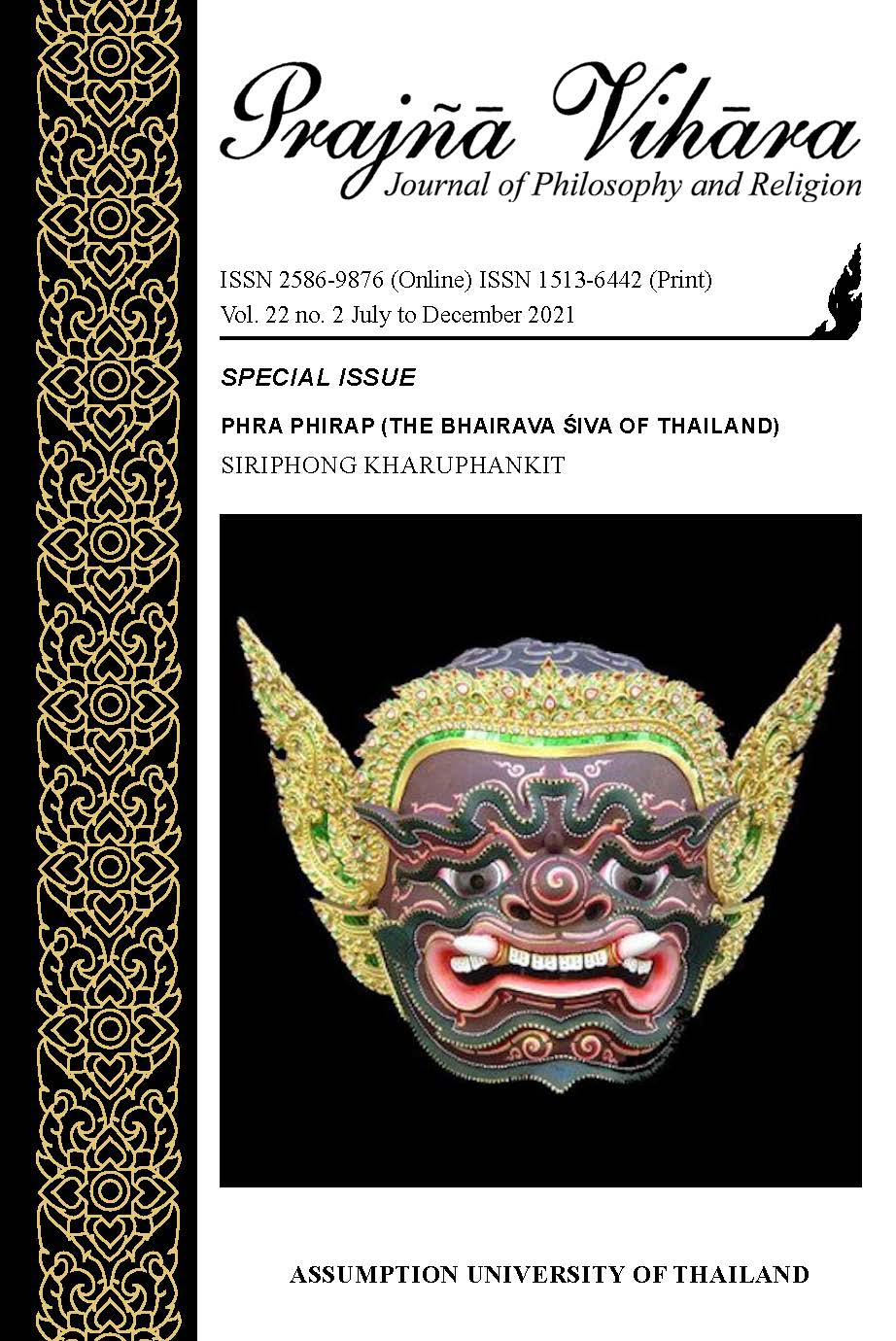THE EMANCIPATION FROM SUFFERING IN MAHAYANA BUDDHISM AND ITS IMPLICATIONS FOR CONTEMPORARY MENTAL HEALTH
Abstract
Human beings constantly seek meaning and temporary
happiness for themselves. Nevertheless, they live in a
perpetual cycle of universal and subjective suffering,
affecting their general and mental wellness. Scholars in
the humanities continue to pursue questions of meaning
and interpretation of suffering, and in science there is still
no solution for the emancipation of human suffering. This
study will try to show that the concept of Bodhisattva in
Mahayana Buddhism can address the issue of emancipation
of suffering in a meaningful way. Mahayana Buddhism
suggests that suffering comes from the objectification of
the mind, the notion of self, and the discriminatory mind
that arises from dualistic views. Overcoming suffering is
possible by using the type of discipline usually reserved
for the Bodhisattva. This disciple provides a way even in
secular society to emancipate individuals from suffering,
and improve their quality of life and mental well-being.
In conclusion, the study suggests that Bodhisattva practice
can be used in public education as a psychological tool for
self-help and the emancipation of sufferings.
Downloads
Published
Issue
Section
License
Consent to Publish and Transfer of Copyright
By publishing in Prajñā Vihāra, the author agrees to transfer and assign to Assumption University of Thailand as the Publisher of the Journal, the copyright to the Article in any form, including any and all rights, interests and claims related to it.
The author does retain the following rights:
- The right to make further copies of the published article for their use in classroom teaching.
- The right to reuse all or part of the published article in a compilation of his or her own works or in textbooks of which they are the author or coauthor.
- The right to make copies of the published article for internal distribution within their academic institution.
- All proprietary rights other than copyright, such as patent rights.
- The Article is his or her original work, and has not been published previously and is not under consideration for publication elsewhere.
- It does not contain any matter that is obscene, libelous, or contrary to law.
- They have obtained the necessary license or written authority and paid any and all related fees for the use and reproduction of text, tables, illustrations and other copyrighted work from the owners of the intellectual property rights, and can furnish the Publisher copies of the license/written authority and proof of payment of related fees upon the signing of this Agreement.
- They have the consent of the Co-Authors of the article upon the signing of this Agreement.
- In the event that they intend to republish, reprint or translate all or part of the Article in other publications, they will secure the prior written permission from the journal Editor.
Prajñā Vihāra adopts the Creative Commons Attribution (CC BY-NC-ND) license


